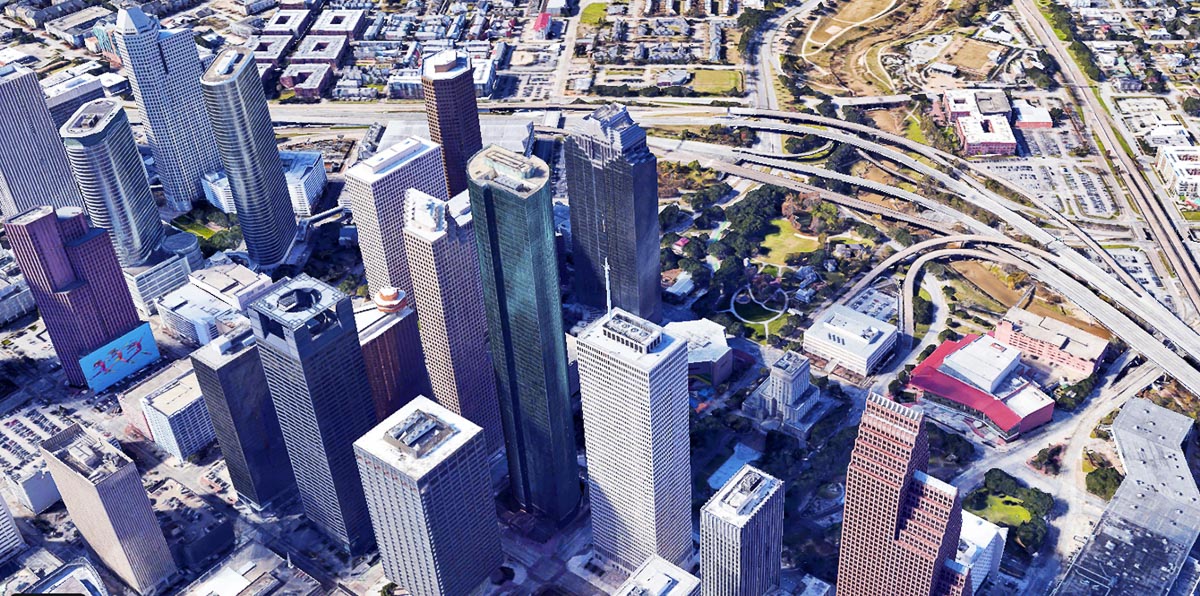It’s called the Global Resilient Cities Network and it essentially replaces the 100 Resilient Cities network created by the Rockefeller Foundation in 2013. Last July, Rockefeller unexpectedly announced that it would end sponsorship of 100 Resilient Cities, in which it had invested more than $160 million. Rockefeller is providing seed funding for the new network, which will be led by the member cities rather than the foundation.
“100 Resilient Cities is closed,” said Lauren Sorkin, the interim executive director of the Global Resilient Cities Network. “But its legacy lives on.”
Sorkin said the new network would “double down on the power of city-to-city exchange.” Sorkin was formerly managing director of 100 Resilient Cities in Asia.
She said the network and its member cities would focus on building both the physical and social infrastructure required to make cities more resilient and “has the opportunity to deliver solutions at scale.”
Rockefeller launched 100 Resilient Cities (100RC) in 2013 after Superstorm Sandy caused significant damage in New York, where the foundation is located. Stimulated in part by the increase in severe weather events, 100RC took a broad view of resilience, focusing not only on reinforcing infrastructure that will protect cities but also on how cities might address the underlying social and economic weaknesses that make some communities more vulnerable than others. Some of these weaknesses were demonstrated in Houston after Hurricane Harvey when neighborhoods such as Meyerland bounced back quickly but residents in underserved neighborhoods such as Kashmere Gardens and Greenspoint struggled to recover in a timely way.
Among other things, Rockefeller encouraged cities to create the position of chief resilience officer and provided two years of funding for that position for each of the member cities. The foundation also provided funding for a stable of experts and consultants to help create a resiliency plan for each city. The resiliency plans have dealt with a wide variety of extreme events that cities potentially face, not just natural disasters.
Houston wasn’t originally selected as one of the 100RC and therefore didn’t receive funding directly from the Rockefeller Foundation. However, after Hurricane Harvey struck in 2017, the city joined the network with corporate financial support from Shell. The city has followed the Rockefeller Foundation’s formula, hiring Marissa Aho as its chief resilience officer and using Rockefeller’s lineup of consultants to prepare the plan that will be released tomorrow.
At the press conference in Abu Dhabi, Sorkin and CROs from the around the world emphasized two aspects of the new global network. First, it will be “city-led” rather than led by the Rockefeller Foundation. And second, it will continue the Rockefeller model of focusing on “stresses and shocks” that cities and communities face. Stresses are chronic problems — such as poverty and weak social networks — that affect a community’s ability to respond to a disaster; shocks are the disastrous events themselves, ranging from flooding and earthquakes to wildfires and cybersecurity threats.

